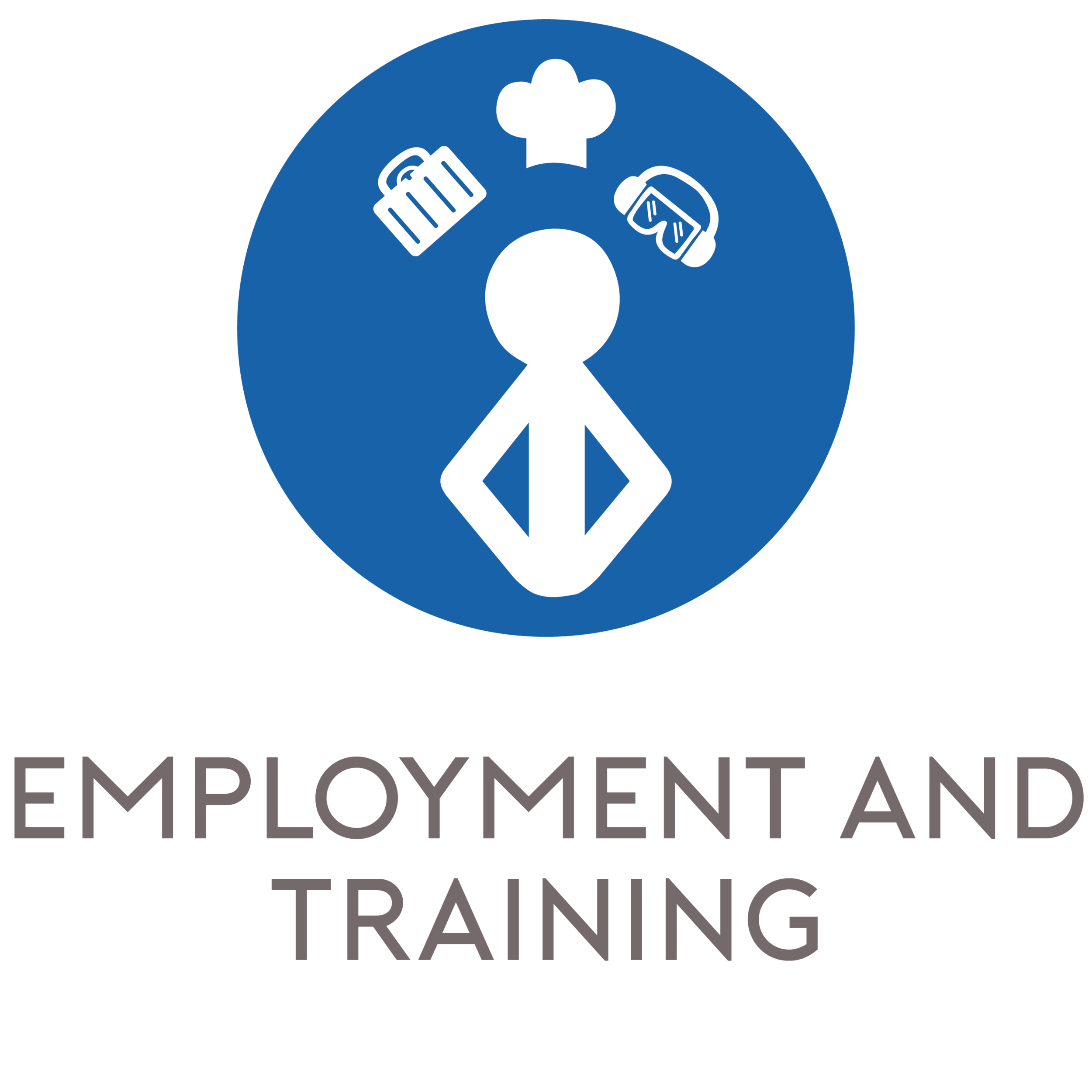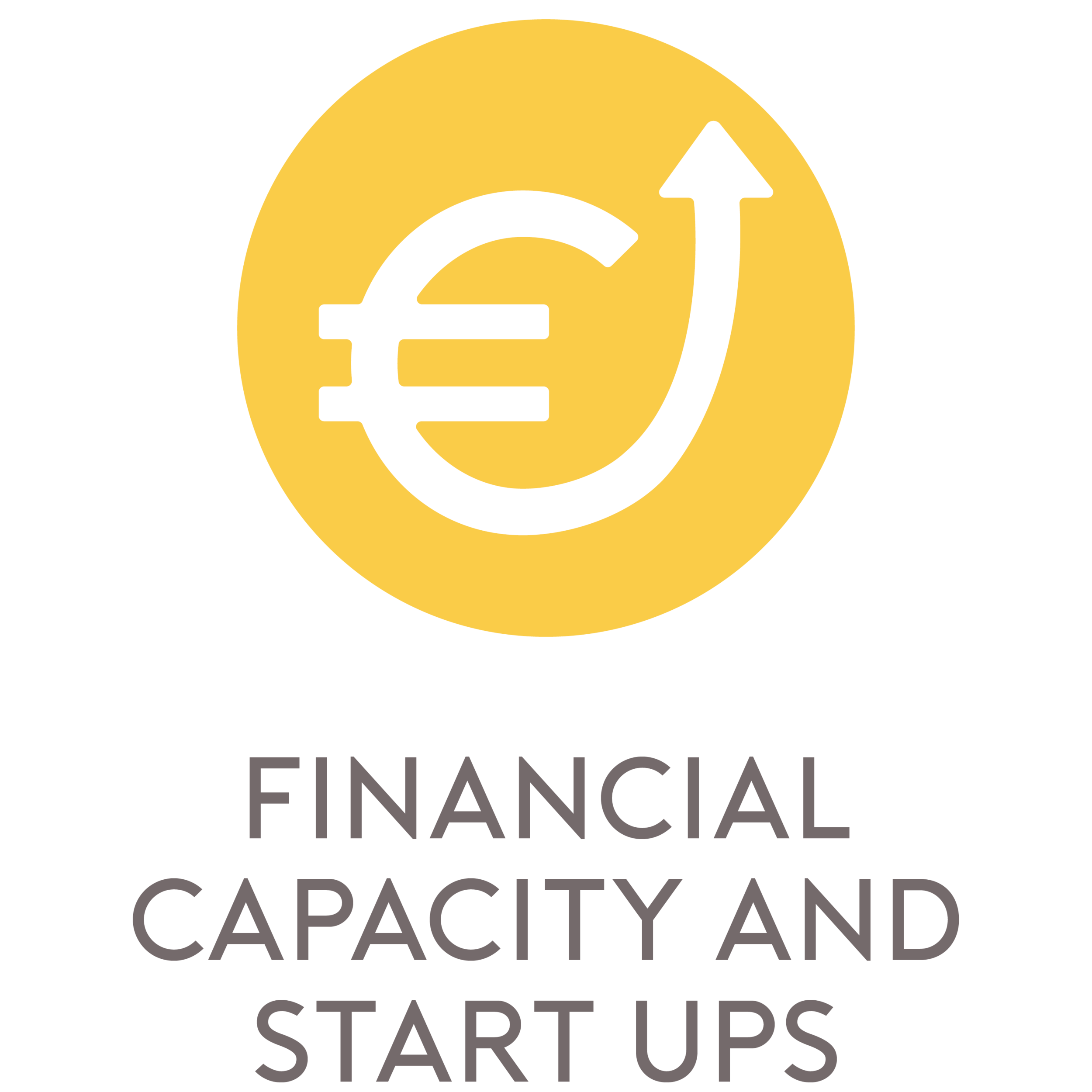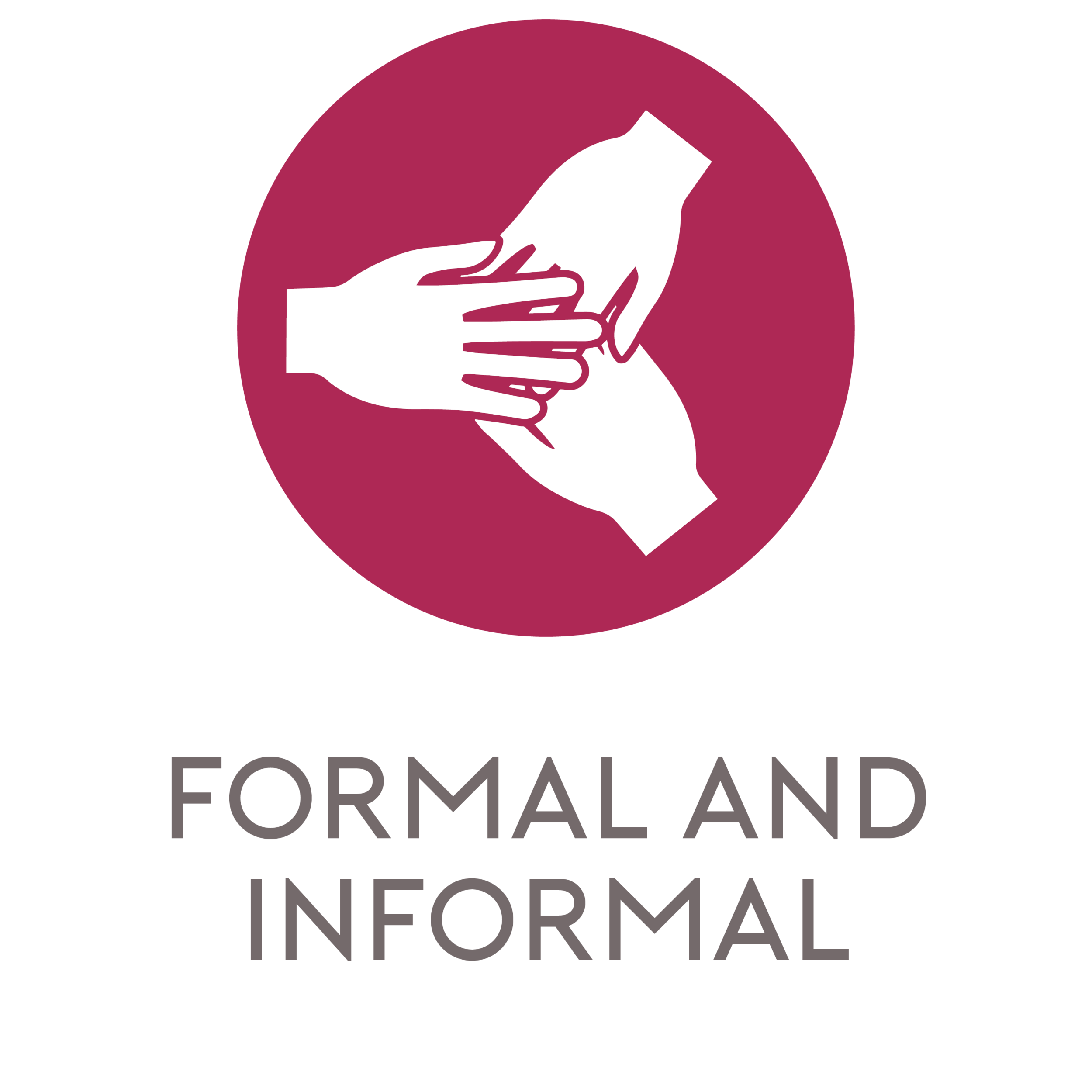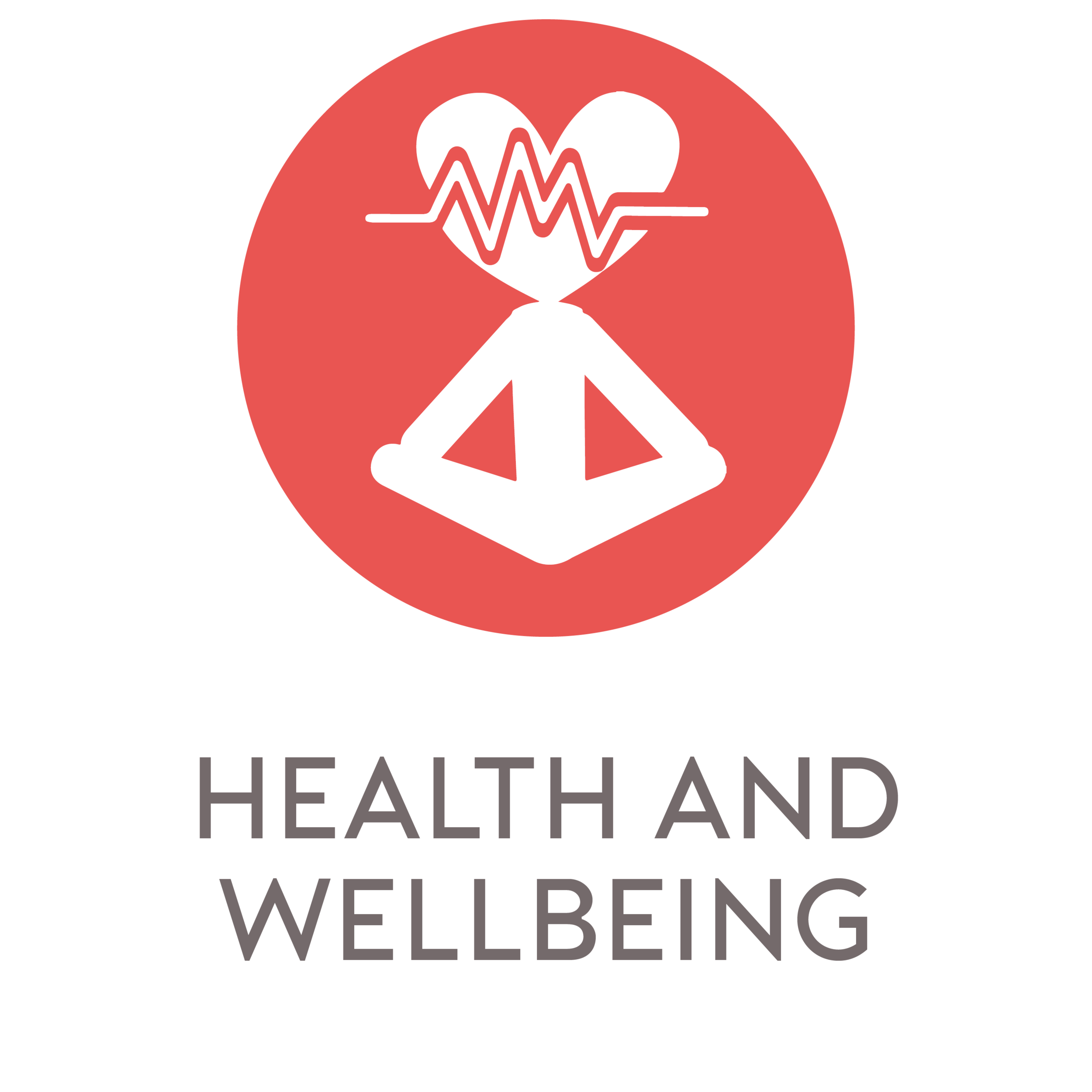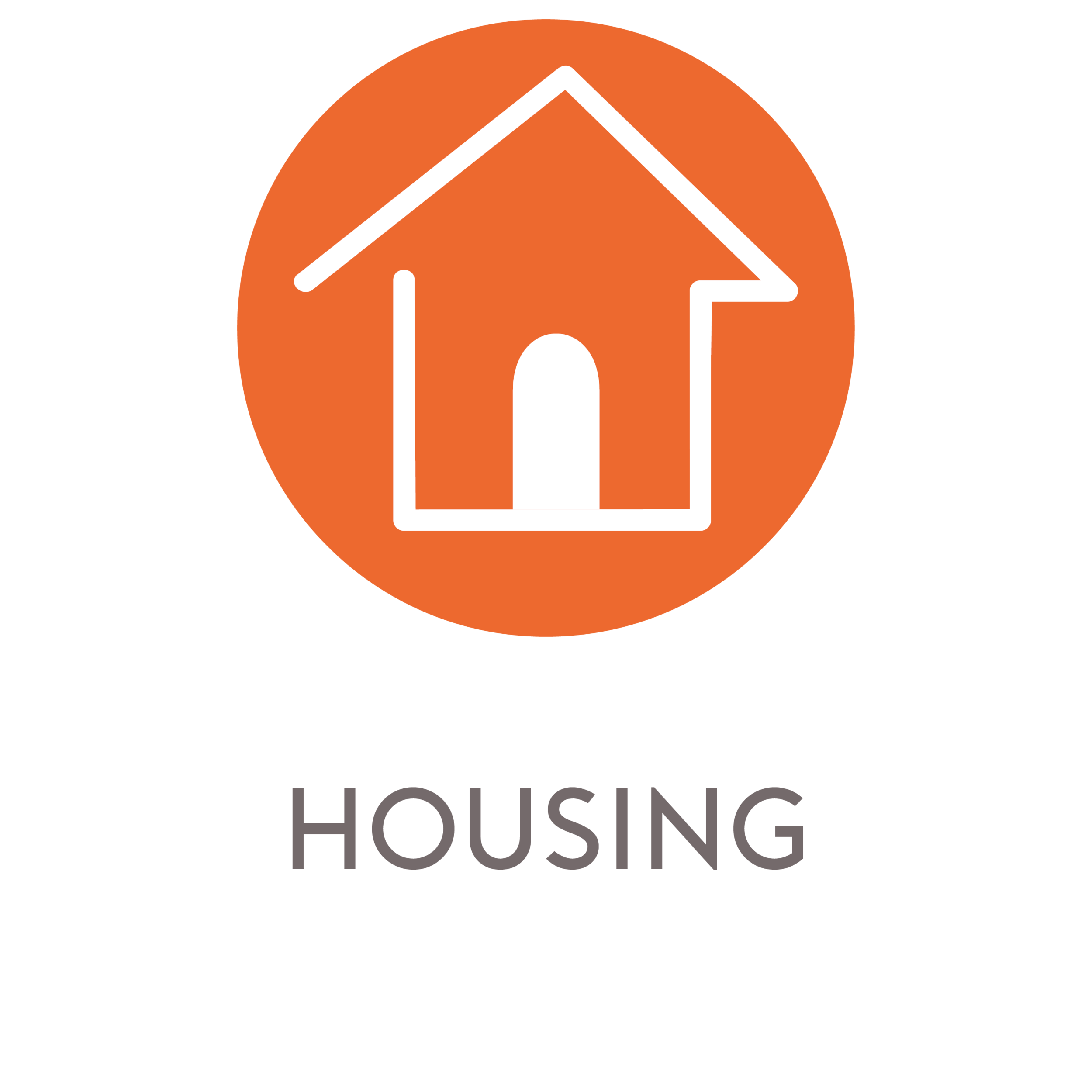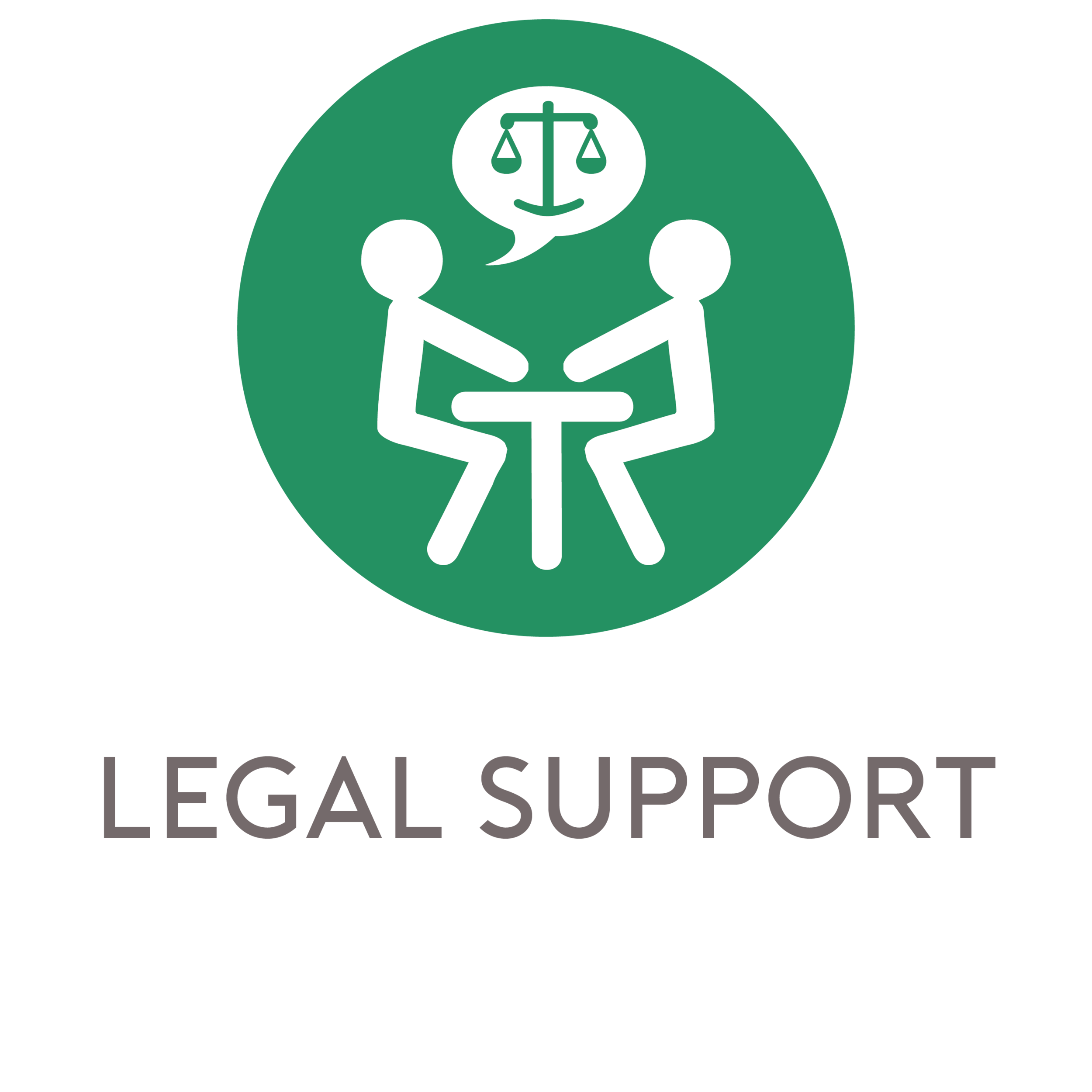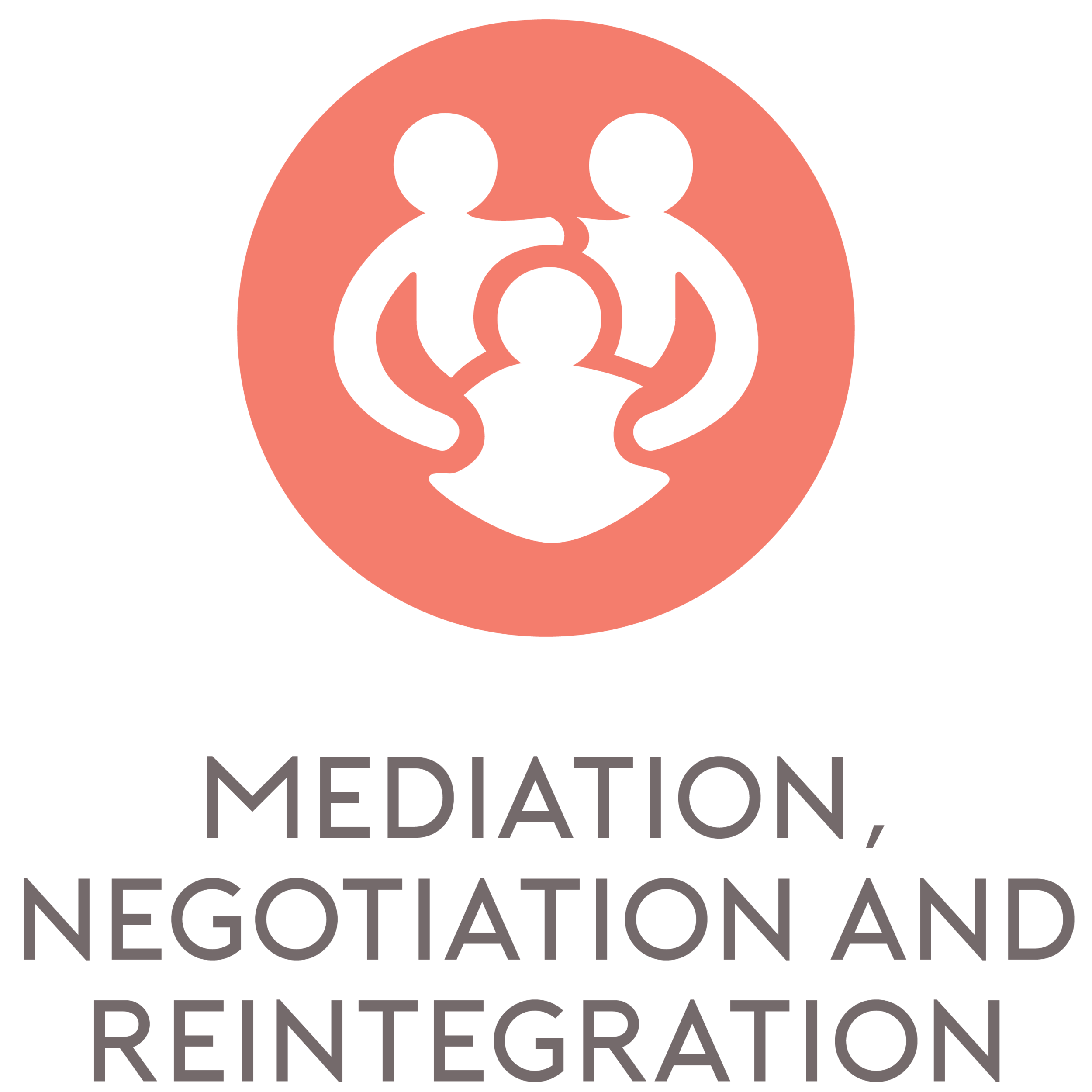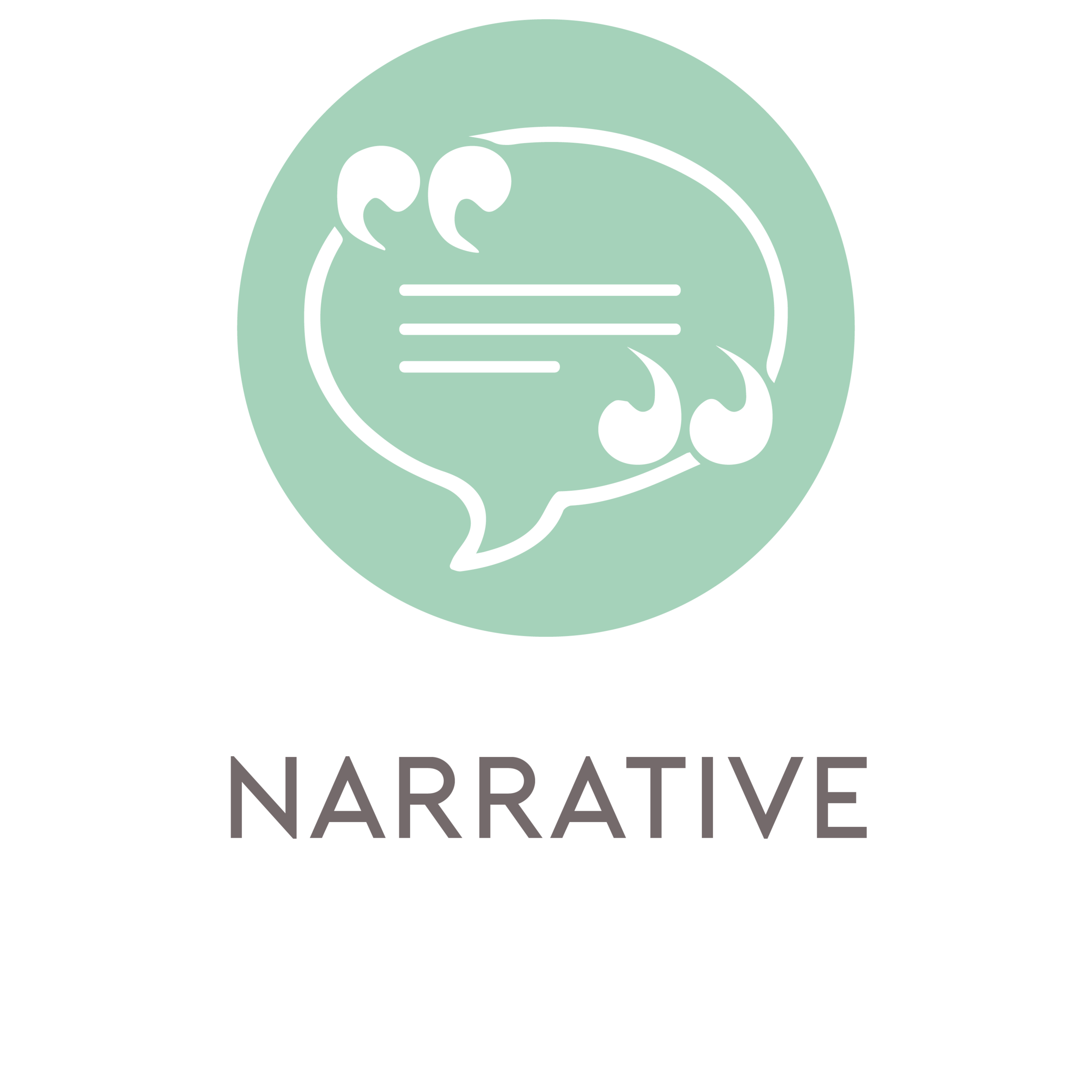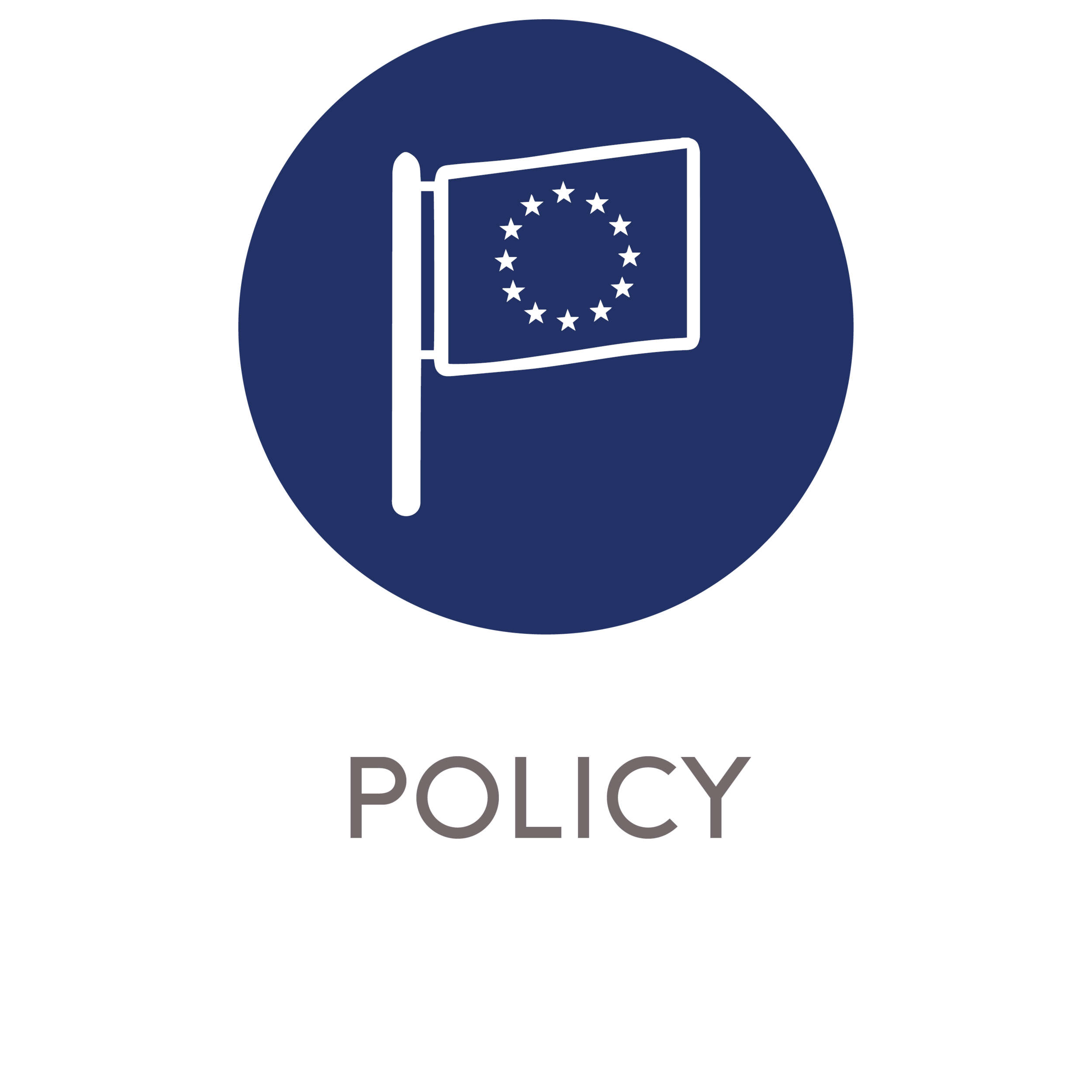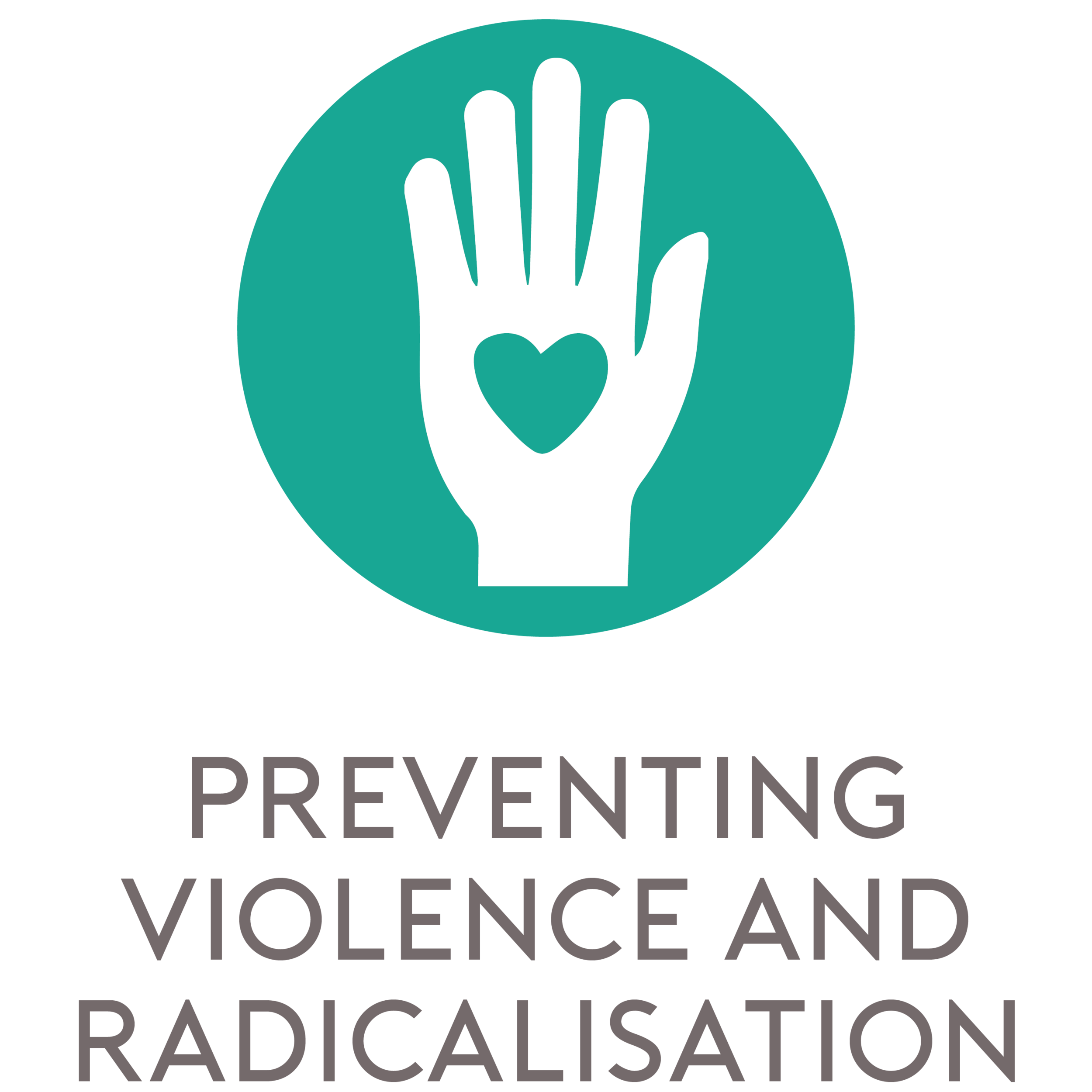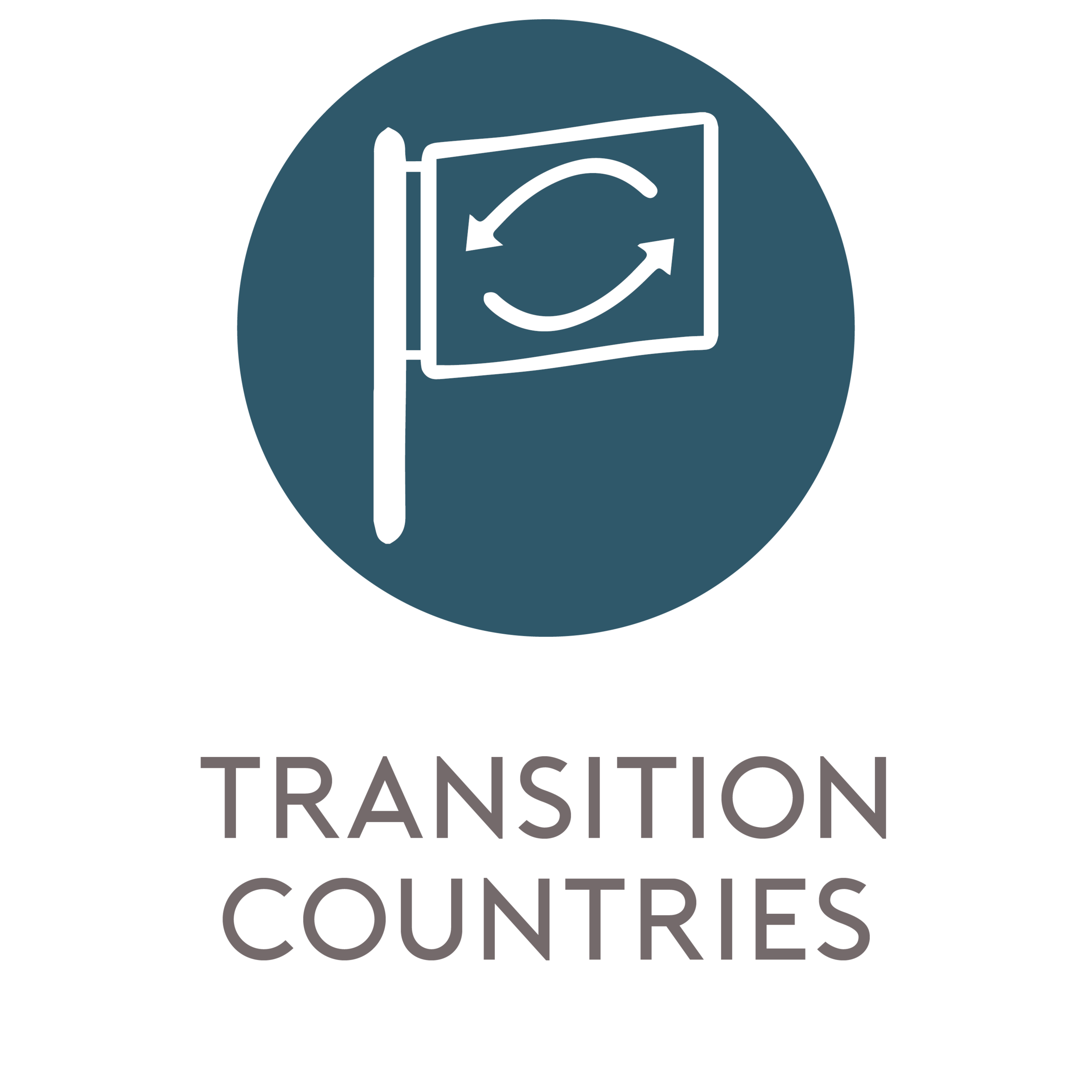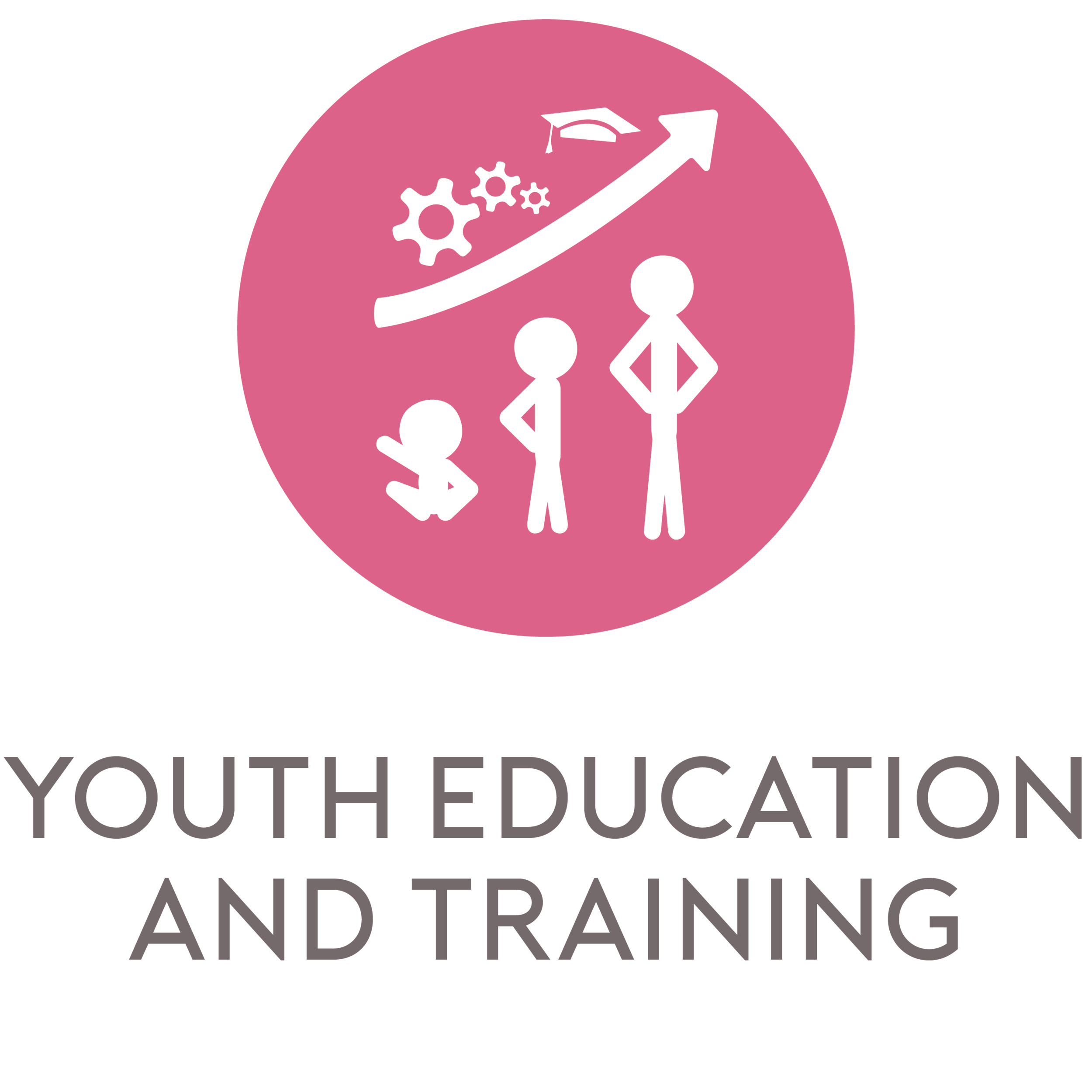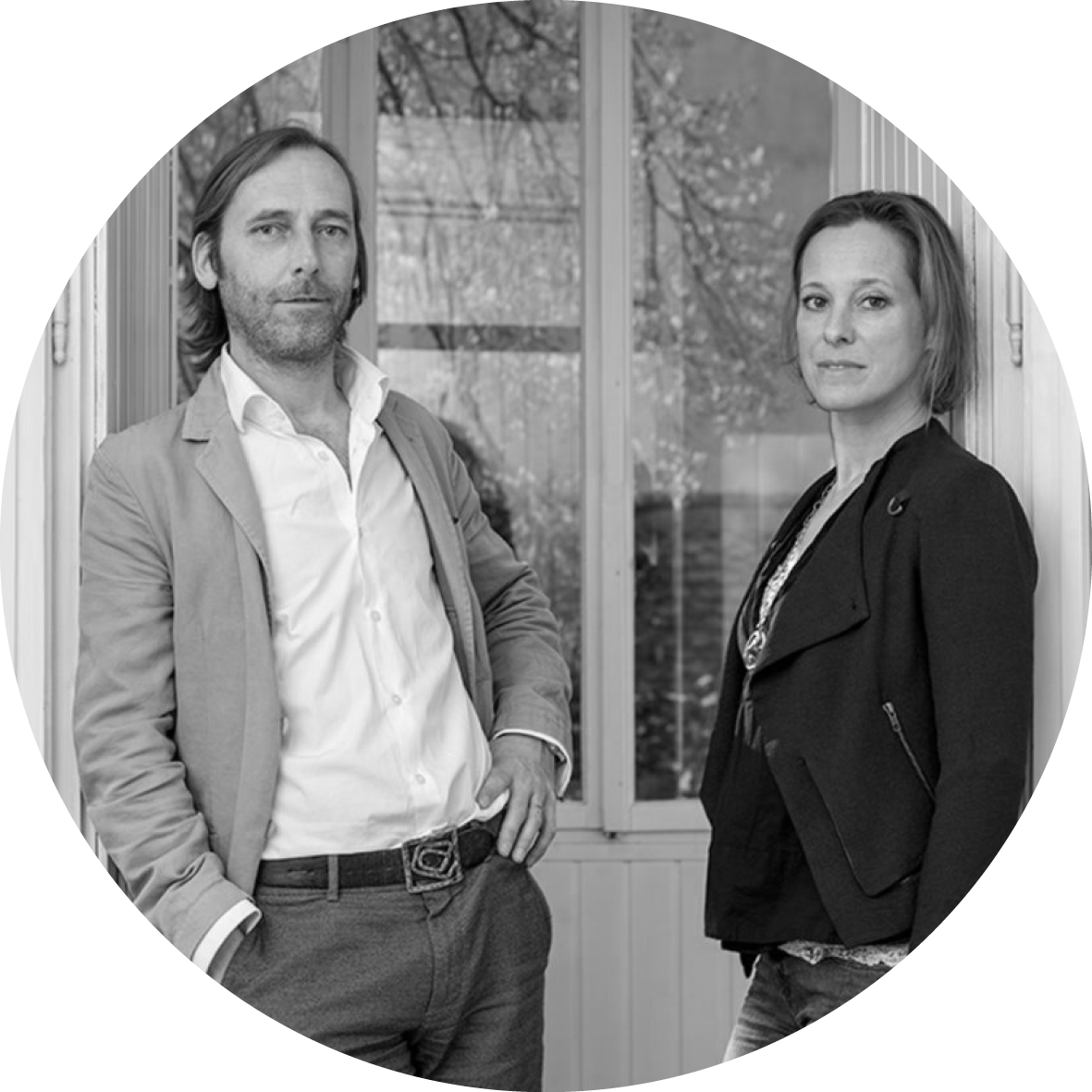+Portfolio of Solutions
―Housing
La Strategia della Lumaca
Massimiliano Giacomello & Matteo Castellani
The Problem
Housing in urban areas is often unaffordable for refugees arriving in European states. Continuous migration to cities from local populations, economic migrants and flight migrants leads to a high demand and limited availability. Real estate agents in these areas are not able to cater to the immediate needs of migrants or use the urgency to find housing to their advantage.
The Solution
La Strategia della Lumaca builds networks, tools and resources that allow refugees to achieve autonomy in accessing the housing market in their new place of living. The project provides access to sustainable solutions through the involvement of local communities and the optimisation of resources. The empowerment paths help involved migrants to deal with the economic, cultural and relational challenges of navigating the housing market.
The Impact
La Strategia della Lumanca has supported over 300 migrants to find a house through a network of 50 institutions in and around the city of Milan. Involving local administrations and developing partnerships at various levels will help the organisation to facilitate sustainability of the support network.
More Than Shelters
Daniel Kerber
Founded by Ashoka Fellow, Daniel Kerber
The Problem
Many people who flee conflict find themselves powerless in unsanitary and often dangerous refugee camps. A displaced person spends an average of twelve years in a refugee camp, originally designed to house people on the move for no more than a year. Current temporary living solutions for flight migrants are inadequate and unsustainable; the housing is often used for much longer than anticipated and does not serve the (long-term) needs of those arriving in the camps.
The Solution
More Than Shelters involves flight migrants in creating sustainable solutions and dignified spaces through ‘integrated humanitarian design’. The project works with flight migrants to transform shelters into places of opportunity, where they can plan the next, positive phase of their lives. This place of survival turns into a place of living, facilitating to individual needs, safety, security and privacy. More Than Shelters gives flight migrants the chance to actively shape their surroundings, through which they become empowered participants instead of passive victims. Projects are set up within three ‘innovation units’, which are the planning office, humanitarian innovation and products. Through these, the project develops camps and arrival centres based on contemporary urban design methods integrating the needs of the different stakeholders, it implements sector-changing innovations and develops technical innovations with refugee communities, NGOs and universities.
The Impact
More Than Shelters has worked with flight migrants in Jordan, Greece, Nepal and Germany. The project has produced innovations such as the DOMO Shelter System and a solar lamp in partnership with external organisations. Through innovation planning, the project has developed innovation incubators that promote the talents of its one million participants in Jordan, the MENA region, and Europe.
Ragazzi Harraga
Alessandra Sciurba & Veronica Lattuada
The Problem
Unaccompanied minors who arrive in Italy are left to their own devices by many local and national institutions and organisations. Due to the lack of support, minors are exposed to an increased risk of exploitation, abuse and criminal offence.
The Solution
Ragazzi Harraga protects unaccompanied minors who arrive to Italy by boat. The project supports existing infrastructures of institutions and private actors to coordinate the development individual paths towards social inclusion. Each boy and girl is provided with a ‘social folder’ in which individual sensitive information is collected to allow for better coordination between those in charge of child protection. The social folders are securely accessible by the different parties through a platform.
The Impact
The use of a shared folder to directly access the needs of minors has proven a highly functional tool. The project has now included 80 children, of which 20 were hired by the organisation to help address more specific needs.
Dahir
Georg and Dagmar Kotzmuth
The Problem
There are two major problems within the real estate industry that make it harder for refugees and other migrants to find housing. A lack of trust between property owners or managers and disadvantaged groups presents a systemic problem, which leads to discrimination and racketeering from landlords towards migrants. Additionally, there is no affordable housing available for disadvantaged groups, who have no access to social housing and end up competing with people in similar difficult situations. The competition between migrants and lower working-class populations lead to increased tension between these groups and many people end up living in inhumane conditions as a result.
The Solution
The traditional approach to provide affordable housing has reached its limits and often leaves migrants out of the equation. Dahir develops a new market for housing which is based on community and trust. In this model, private-market properties become accessible to formerly underserved communities, bridging the gap between property owners/managers and disadvantaged communities. The tenants are invited to become co-creators of their own living space; through which properties become valued based on both their financial and their relational qualities. With this approach, the project aims to change the mindset and practice of property managers and owners.
The Impact
The project managed help 16 refugee families (68 individuals) find humane living spaces. This has fostered social integration, as these groups live alongside 164 tenants with other backgrounds and 2 recent migrants have been employed as caretakers and community managers of the property. The project has led to research in this field and been taken on as a strategy in practical education for property management. Dahir is currently working with large stakeholders to implement these strategies more widely.
Barcelona Actua
Laia Serrano
The Problem
Upon arrival, many migrants and refugees in Spain face serious challenges, including learning the language, developing social ties, connecting with formal and informal support networks, in addition to the difficulties in securing dignified housing, employment and fulfilling paperwork requirements. On the other hand, many local citizens (including better established migrants themselves) feel an urge to help and contribute to inclusion, but find few opportunities to use their skills and informal networks, as most support goes through government funded, official agencies that do not provide quality programs for volunteers.
The Solution
BarcelonActua connects vulnerable collectives in need with people who want to help. As early pioneers in corporate and individual volunteer programs, BarcelonaActua realized that they needed to help develop an entire ecosystem that brings together people in need, volunteers and funding partners in a way that is dignifying for all three groups. Responding to increasing numbers of migrant arrivals in 2018, their focus turned significantly towards migrants and refugees. Applying their methodology, they started building healthy communities of migrants and locals interacting through leisure activities, language courses, training and volunteer opportunities (for both groups) to create further social ties and speed up inclusion. Recently they have also built community housing units, called BAC, throughout Barcelona, where locals and migrants interact and develop together, and volunteers participate in key activities. In addition to covering key needs for migrants, these centers are enabling volunteers from many walks of life to change their perceptions regarding migrants and refugees.
The Impact
The BarcelonActua online community has over 13,000 registered users, 1,600 volunteers are recruited every year, and their programs directly reach over 1,200 people from vulnerable collectives every year. In 2019, more than 350 refugees and humanitarian immigrants participated in the BAC housing programs and 500 volunteers, half from corporate programs, contributed, recording a positive change in perception in the process.


